Water Justice Fund: Female leadership in the fight against climate change in Indonesia
Tucked away in the mountains of the Indonesian half of the Island Timor, lies the Malaka Regency. An area where the effects of climate change are felt severely. But strong women are taking charge of solutions. 'We lead not only with logic, but with our heart.'
Located on the periphery of the Indonesian archipelago, the region of East Nusa Tenggara is one the driest regions in Indonesia. Instead of lush rainforests, here you find arid and rocky hills and forests. The rainy season is short, normally lasting from December until March.
The effects of climate change have been creating new challenges. Challenges primarily felt through water. Olivia Tamilan is the mayor of the village Bani Bani, in Malaka. She witnesses daily how climate change affects her village. 'We normally plant crops during the rainy season, so can we harvest them during the dry season, but the changing weather patterns make it difficult.'
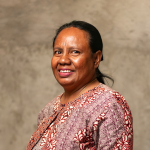
'There is barely enough water for human consumption, let alone to irrigate the land or give to lifestock.'
Shifting weather patterns
In Malaka, people organize their livelihoods around rainfall. However, the rainy season, crucial for the people and their land, has become unpredictable and sporadic. Some years, it starts months later than before, or the rainfall is much less than normal causing water shortages.
'Most people here are farmers. They live off the land for food and income.' Olivia Tamilan explains, 'There is barely enough water for drinking, let alone cooking or washing. And barely any to water the land.'
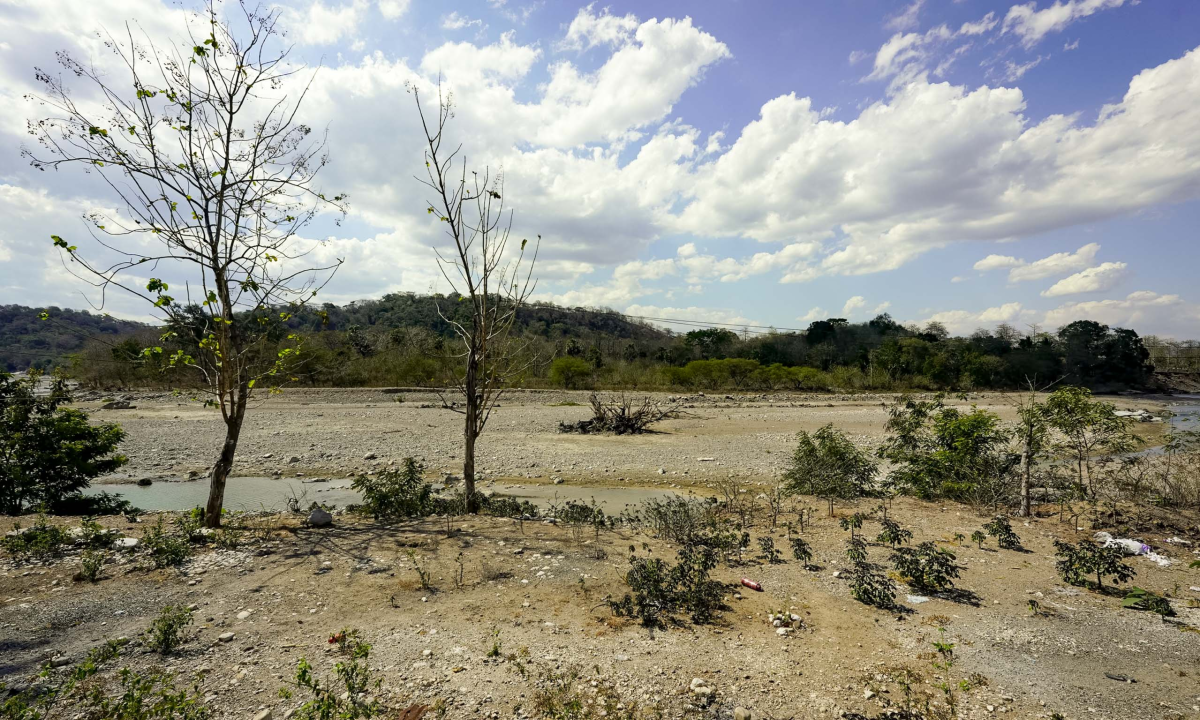
The toll of water scarcity
For women and girls in Malaka, this causes an immense burden. Due to traditional gender roles, they are often tasked with collecting the water. 'Many women walk with jerrycans, through the jungle to a nearby water source. Carrying up to 25 liters of water. It is lost time they could otherwise use to develop themselves', Finsensia Nekin, from Tunabesi village tells.
The water is often polluted with limestone or animal feces. It needs to be filtered and boiled before drinking, yet diseases are still common. Especially children are vulnerable to skin problems and diarrhea. But with little other options, people continue to drink the contaminated water.
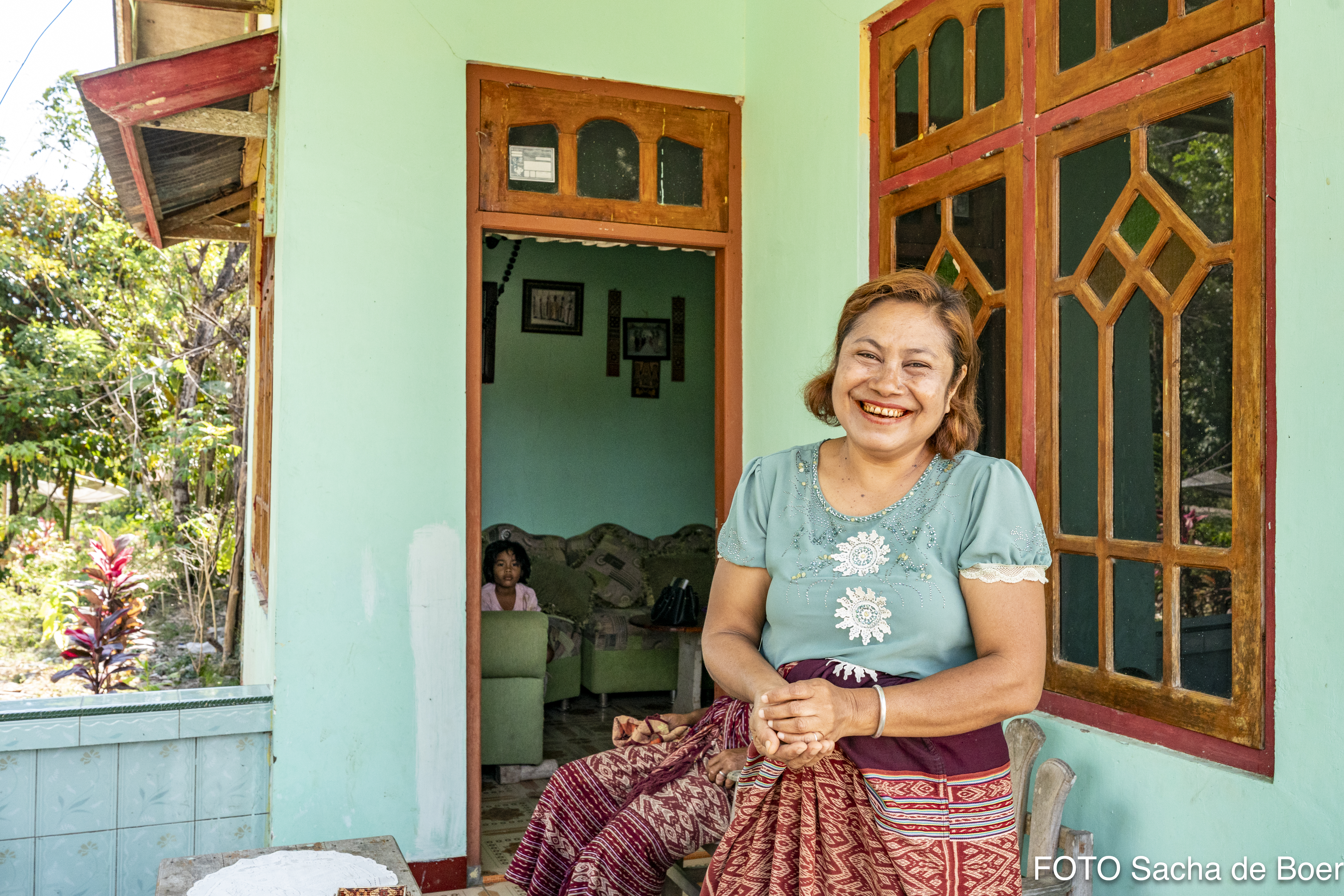
Local knowledge offers solutions
Finsensia Nekin is one of the women in Malaka who has been working hard to make her community more resilient. Together with the other women she has been trying to find innovative ways to protect their way of living. 'One thing that makes a huge difference is having a rainwater tank near your house. So together we started fundraising to buy every household a rainwater tank. Even those that cannot afford it themselves. This way they can collect and store the rainwater that falls in the rainy season to use during the dry season for agriculture.'
Besides the rainwater tanks, the women also work together to realize other solutions. For example, some farming groups are working to cultivate drought-resistant crops, such as cassava, beans and potatoes instead of rice, which needs a lot more water.
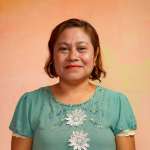
'The burden of carrying water prevents women from being able to develop themselves.'
Protecting biodiversity is also important to fight water scarcity. Particularly trees, which prevent the ground from drying up during droughts and conserve water. The people of Malaka have always had a special connection to the forest, parts of which are sacred to them. 'We don't cut down trees or harm the forest in other ways', Olivia explains. By successfully translating these beliefs into local law, they managed to legally protect the forest against logging.
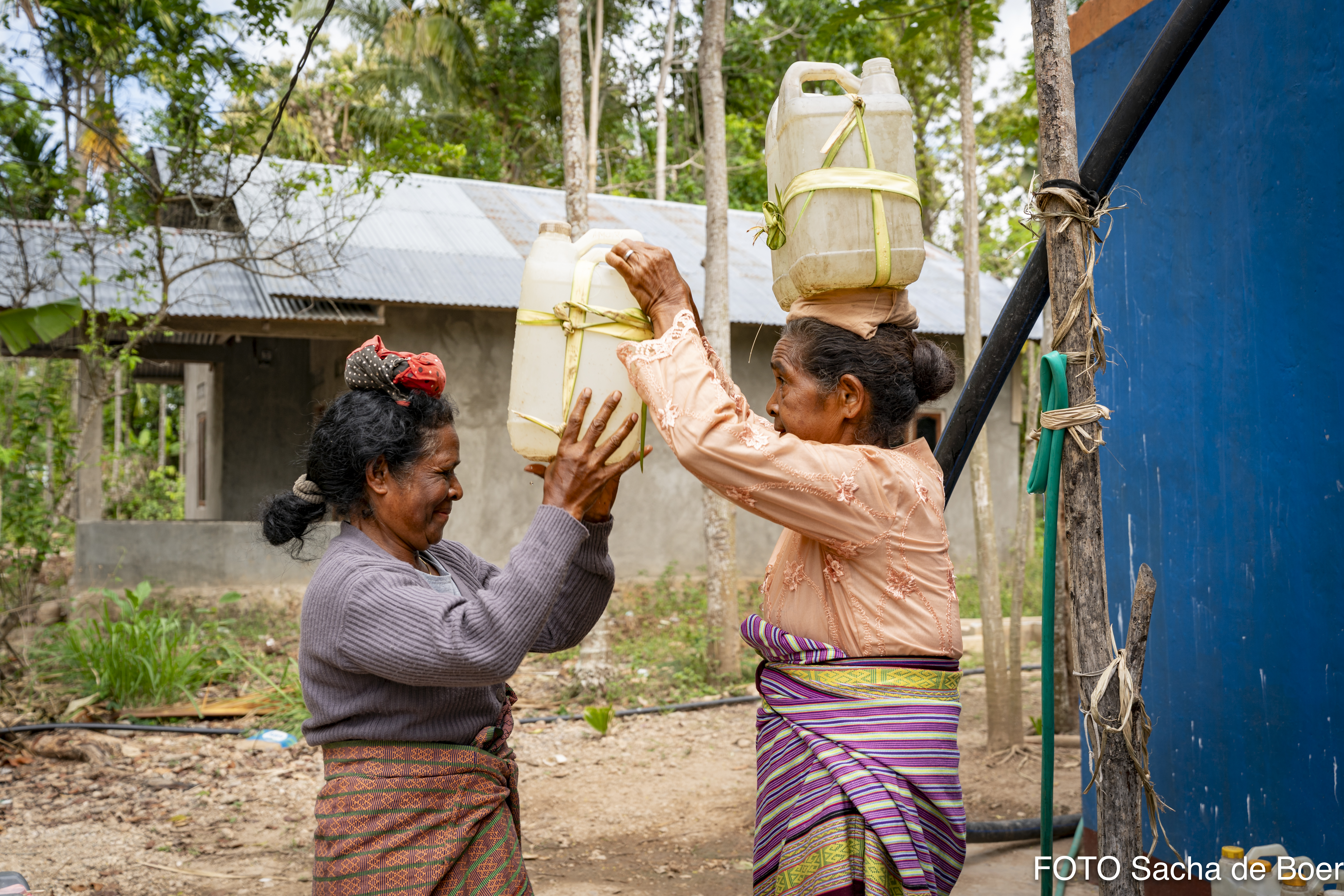
Female leadership
Finsensia and Olivia both think that the leadership styles between men and women are different. 'Men use only logic when leading, women use their heart,' Finsensia explains. 'Maybe because we are more sensitive. When we see someone has a problem we want to help them, even if it's not our own problem.' Olivia also thinks that she was elected mayor because people trust her to listen to their problems. 'I wasn't born in Bani Bani but I have won the trust of the community. I think it is a gift to be able to help people.'
It's clear that women like Olivia and Finsensia have the trust of their communities to fight against the water crisis. The next steps? For Finsensia it is clear. 'We want to build a pipe system from the water source, so nobody has to walk far for water.' When asked if she should be in charge of this as well, she is humble. 'I think the younger generations should have a say too in how we solve our water issues. But who knows, maybe one day I will run for mayor.'
The Water Justice Fund
Simavi's Water Justice Fund supports women groups in Indonesia, Nepal, Bangladesh and Kenya to fight the water crisis. In Malaka we work together with the women to adapt to climate change and realize sustainable solutions that ensure access to water for all. By placing resources directly in the hands of women and girls, and strengthening their capacity through trainings, the fund aims to make climate action fully locally-led.


